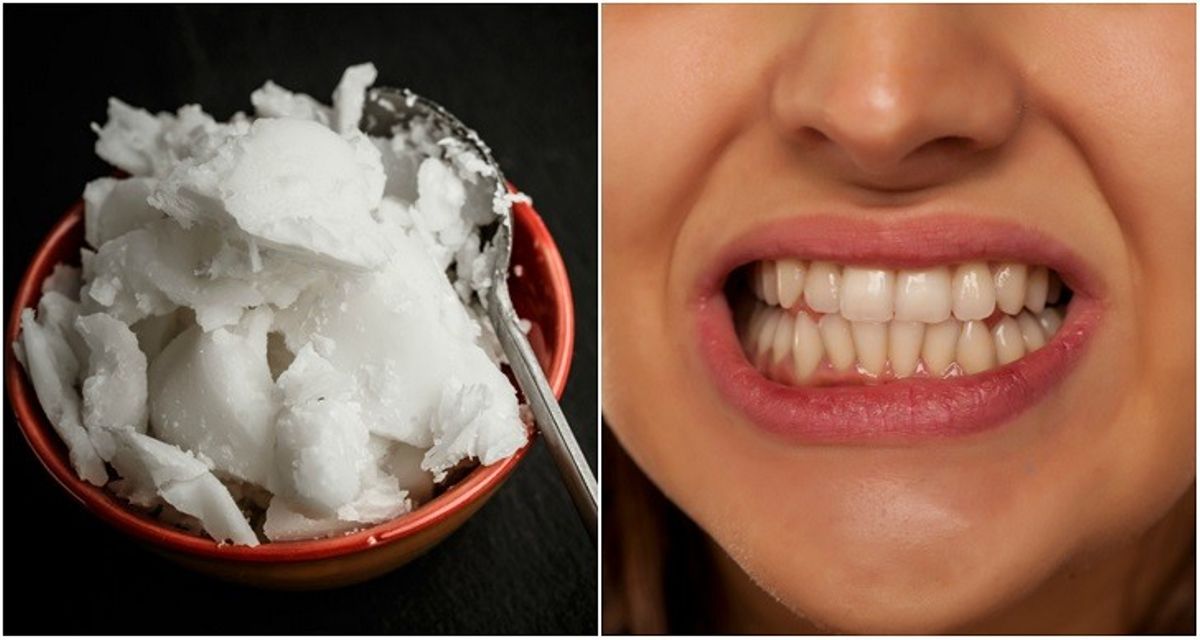
Achieving a radiant smile is a universal aspiration, prompting many to explore various teeth-whitening methods. Among these options, coconut oil emerges as a compelling contender due to its acclaimed oral health benefits. But amidst the buzz, a pertinent question lingers: Does coconut oil possess the prowess to whiten your teeth? Join us in unravelling this query, delving into the benefits, usage, and efficacy of coconut oil for oral health.
Oil Pulling: An Ancient Oral Health Remedy
Originating from Ayurvedic tradition, oil pulling entails swishing lipids such as coconut or sesame oil in the mouth to curb bacterial proliferation. By combating bacteria, this practice aims to stave off dental maladies like plaque and gingivitis. Coconut oil, enriched with lauric acid, emerges as a prime candidate for oil pulling, owing to its potent antibacterial properties and efficacy in thwarting tooth decay.
The Oral Benefits of Coconut Oil:
Beyond its culinary utility, coconut oil shines as a stalwart ally in oral hygiene. Laden with antibacterial agents, it wages war against oral pathogens, mitigating gum disease and banishing bad breath. The act of swishing coconut oil aids in purging oral toxins, fortifying the mouth’s defence against cavities and inflammation-induced bleeding gums.
- Read More: CAN YOU USE TEETH WHITENING STRIPS WHILE PREGNANT?
- Read More: HOW LONG DOES WISDOM TOOTH GROWING PAIN LAST?
Debunking the Myth: Can Coconut Oil Whiten Teeth?
While coconut oil boasts formidable antibacterial prowess, its teeth-whitening potential remains shrouded in ambiguity. Scientific evidence supporting coconut oil’s efficacy in teeth whitening remains scarce, notwithstanding anecdotal claims. Although fatty acids within coconut oil purportedly combat plaque buildup, concrete evidence validating its teeth-whitening attributes remains elusive.
Harnessing Coconut Oil for Teeth Whitening:
For those intrigued by the prospect of leveraging coconut oil for teeth whitening, a simple regimen beckons. Begin by swishing a tablespoon of virgin coconut oil in your mouth for 5 to 20 minutes, ensuring thorough coverage. Alternatively, apply coconut oil to your toothbrush and gently brush. Post-swishing, dispose of the oil in the trash to evade potential sink clogging, followed by a thorough mouth rinse and gentle tooth brushing.
Conclusion:
While coconut oil undeniably boasts myriad oral health benefits, its efficacy as a teeth-whitening agent warrants scepticism. Incorporating coconut oil into your oral hygiene routine via oil pulling can indeed bolster oral health by curbing bacterial proliferation and enhancing gum health. However, for those seeking expedited and unequivocal teeth-whitening results, professional interventions such as dental whitening procedures remain the gold standard.
Frequently Asked Questions:
What alternatives exist for teeth-whitening solutions?
- Professional teeth whitening offers conspicuous results, while over-the-counter products like whitening strips and gels present viable alternatives.
How does oil pulling function, and is coconut oil safe for oral use?
- Oil pulling, an ancient oral remedy, involves swishing oil in the mouth to combat bacteria, inflammation, and bad breath. When used in moderation, coconut oil serves as a safe and efficacious adjunct to oral hygiene practices.
By embracing evidence-based insights and prudent oral care practices, you can illuminate your smile’s radiance while safeguarding oral health.
- Read More: HOW MUCH IS A CROWN TOOTH?
- Read More: HOW DO YOU WHITEN TEETH?
Disclaimer:
The information provided in this blog is intended for informational purposes only. It is not intended to be a substitute for professional medical advice, diagnosis, or treatment. Always seek the advice of your Dentist Brisbane or other qualified healthcare provider with any questions you may have regarding your oral health or any medical condition. The views and opinions expressed in this blog are those of the author and do not necessarily reflect the official policy or position of any other agency, organisation, employer, or company. Additionally, while efforts have been made to ensure the accuracy and reliability of the information presented, we make no representations or warranties of any kind, express or implied, about the completeness, accuracy, reliability, suitability, or availability with respect to the content contained herein for any purpose. Any reliance you place on such information is therefore strictly at your own risk. We do not endorse any specific product or treatment mentioned in this blog. Always read and follow the instructions provided by the manufacturer or your healthcare provider.

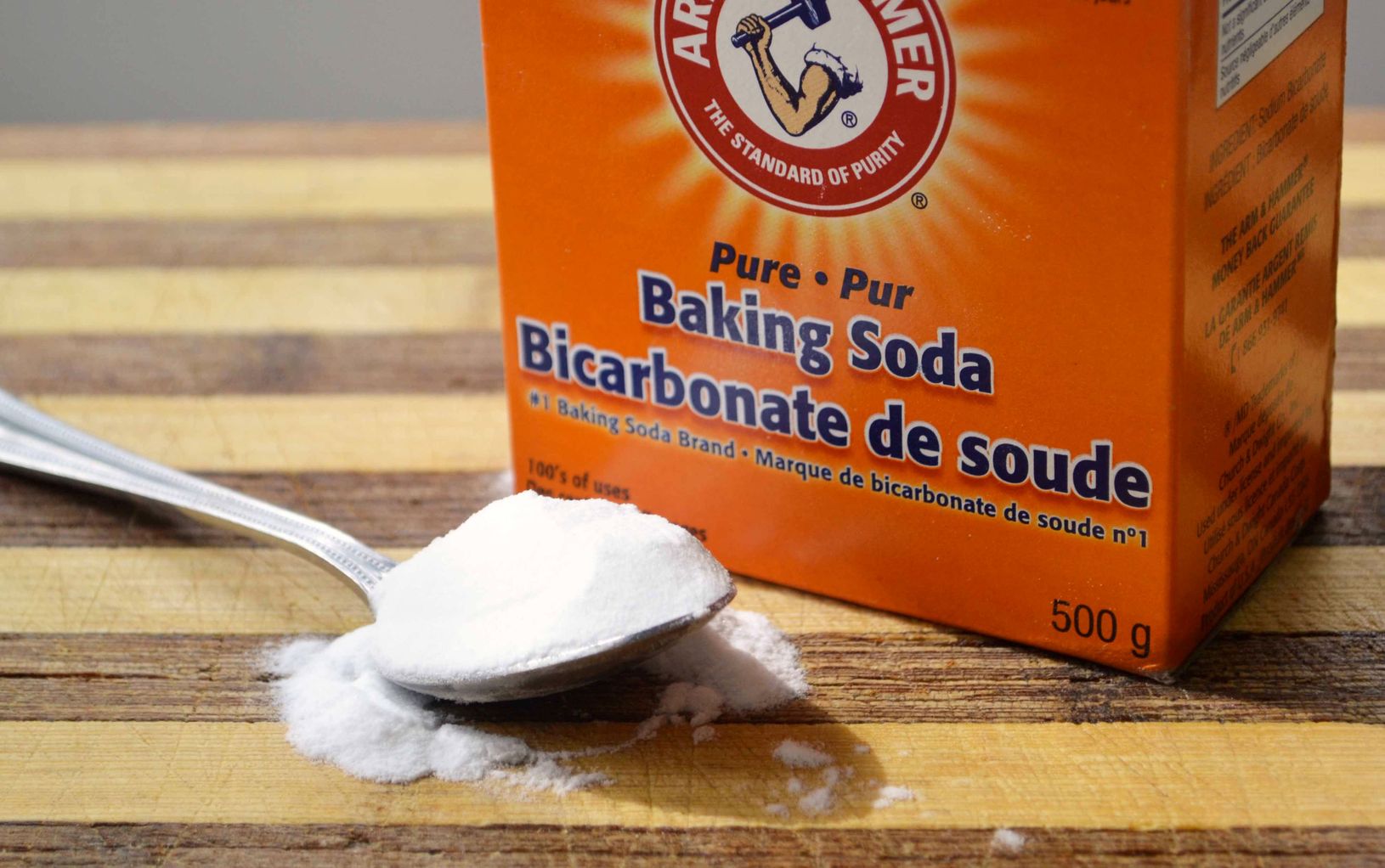
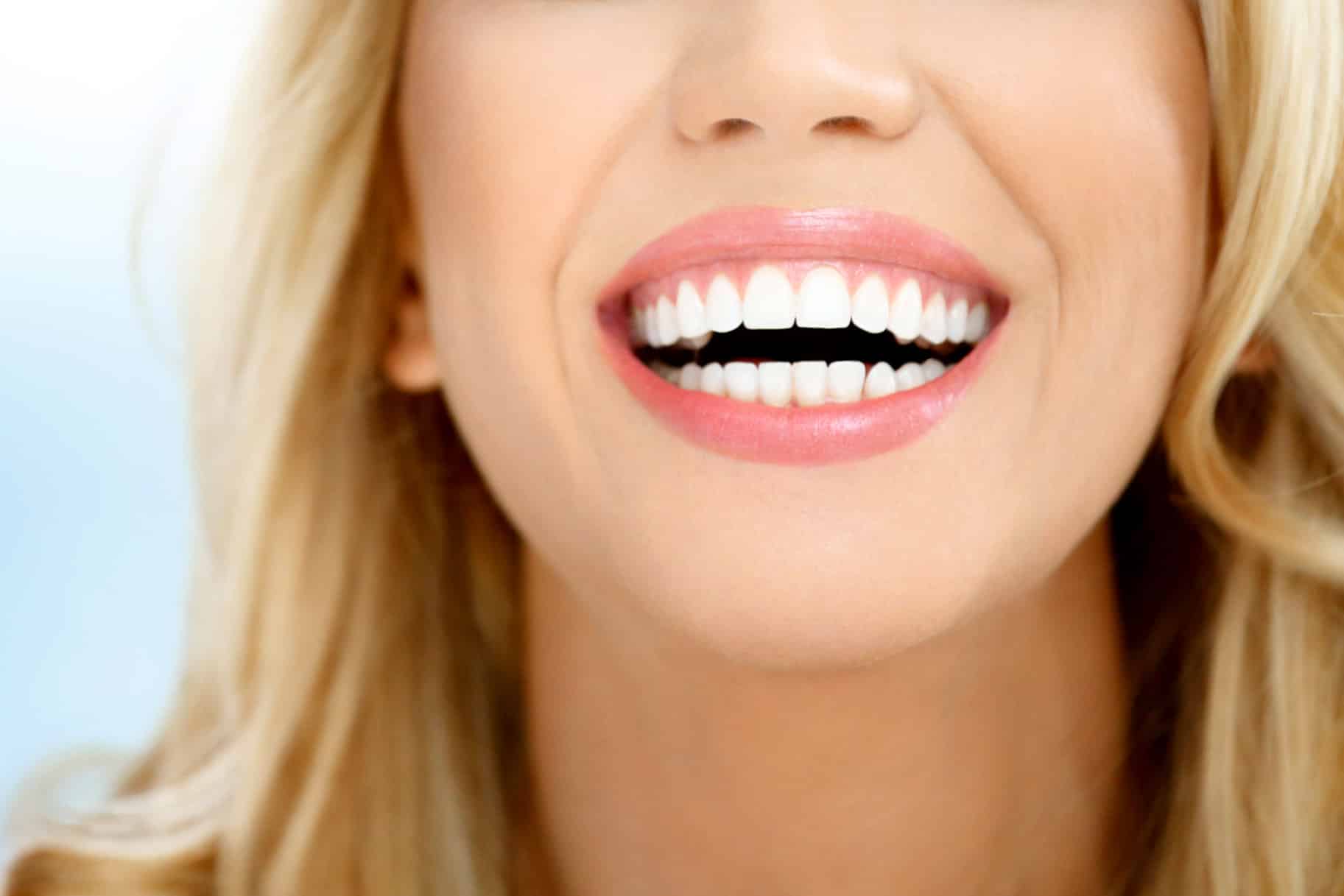
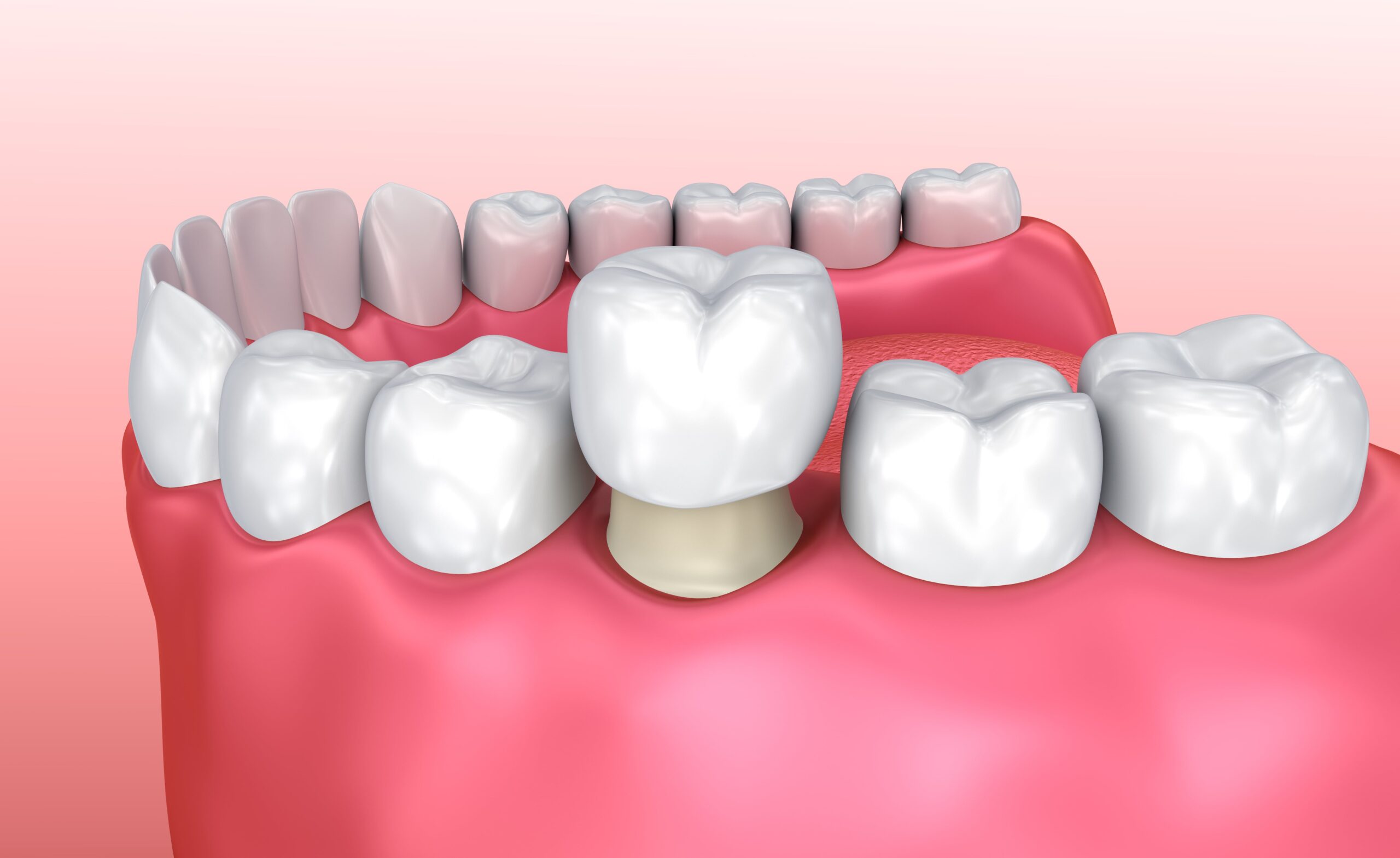
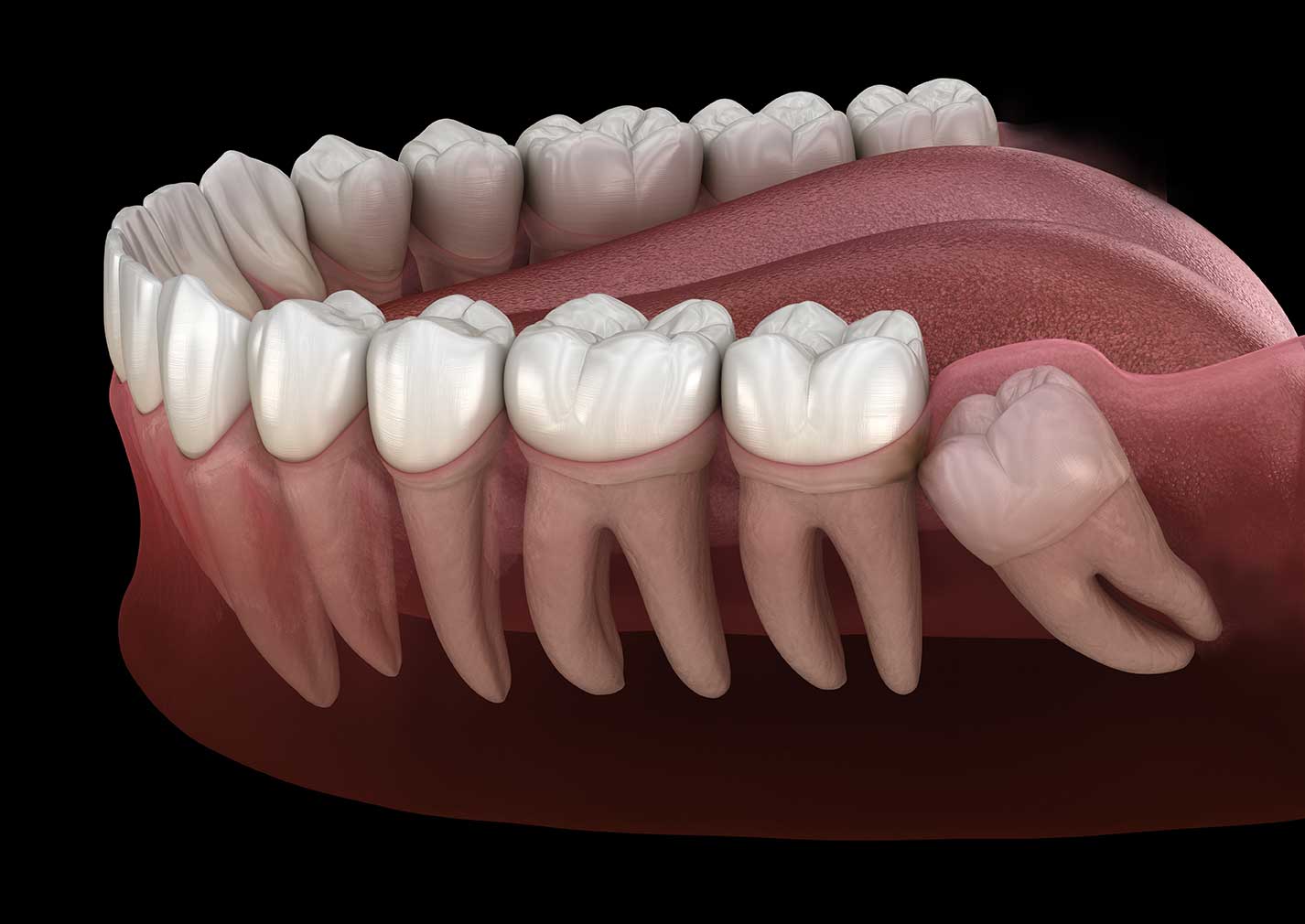
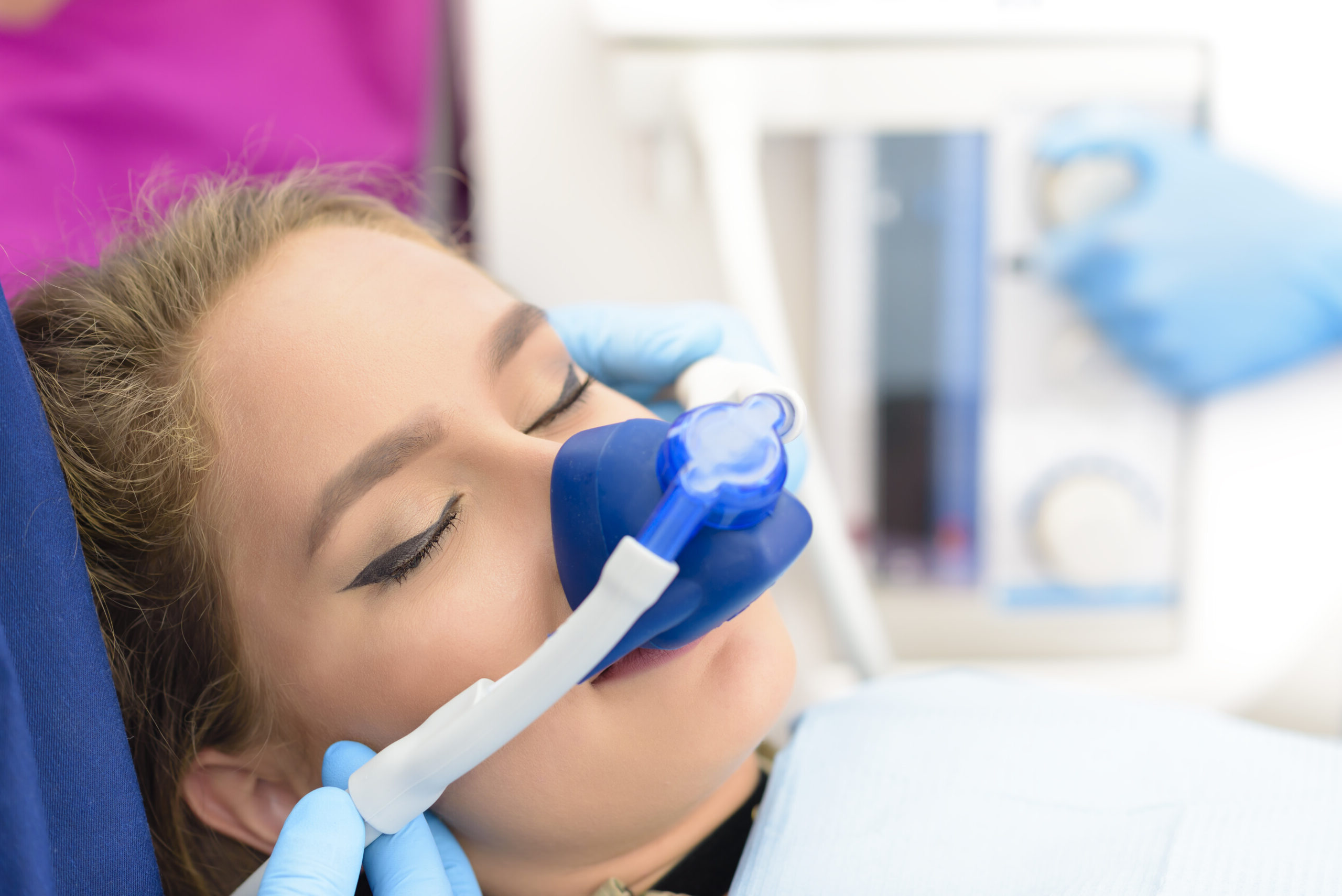


Recent Comments